8. Los Hierros Hydroelectric Plant, Chile
Los Hierros Hydroeletric Plant is a power generation and transmission project that will construct and operate two Francis turbines to deliver a total installed capacity of 19.85 MW, a total energy generation potential of 110 GWh per year, and including a 17.3 km, 110 kV electric transmission line. It is located 130 kilometers southwest of Talca city, next to El Melado River basin in the municipality of Colbún, Linares Province, Maule Region, Chile. Los Hierros is one of the five hydroelectric power stations that form the Melado-Ancoa Hydroelectric Complex, a comprehensive project that seeks to use the Melado River’s water in a non-consumptive manner to generate renewable energy by 2015. Los Hierros delivering less than 20 MW qualifies as a project of Non-Conventional Renewable Energy according to the General Electrical Services Law, and it is also a Clean Development Mechanism (CDM) in the context of the Kyoto Protocol. Los Hierros will enhance access by improving roads, and upgrade water access for residents who consume water from the canal but do not have water during wintertime due to the fact that the canal currently does not carry water between the months of March and November.
Los Hierros aims to use existing infrastructure to develop the hydroelectric potential of El Melado irrigation canal to reduce the hydroelectric plant negative impacts as are creating new water extraction points, or interrupting the area with the construction of a raceway. As a run-of-the-river project, no water storage or reservoir is required avoiding increasing the capacity of the existing reservoir. Construction of the energy project began in 2013 by Besalco Construcciones S.A., responsible for developing and delivering the energy produced to the Central Interconnected System, and selling the energy on the SPOT market. The estimated total investment in the project will be US $50 million over a 2-year construction period and a 60-year operational phase. An abandonment phase has not been anticipated, as failing equipment will be replaced on a continual basis.

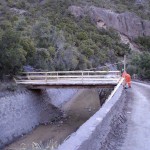
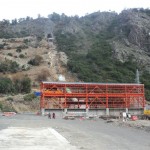
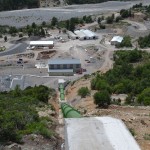
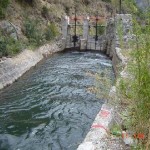
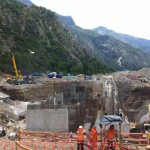






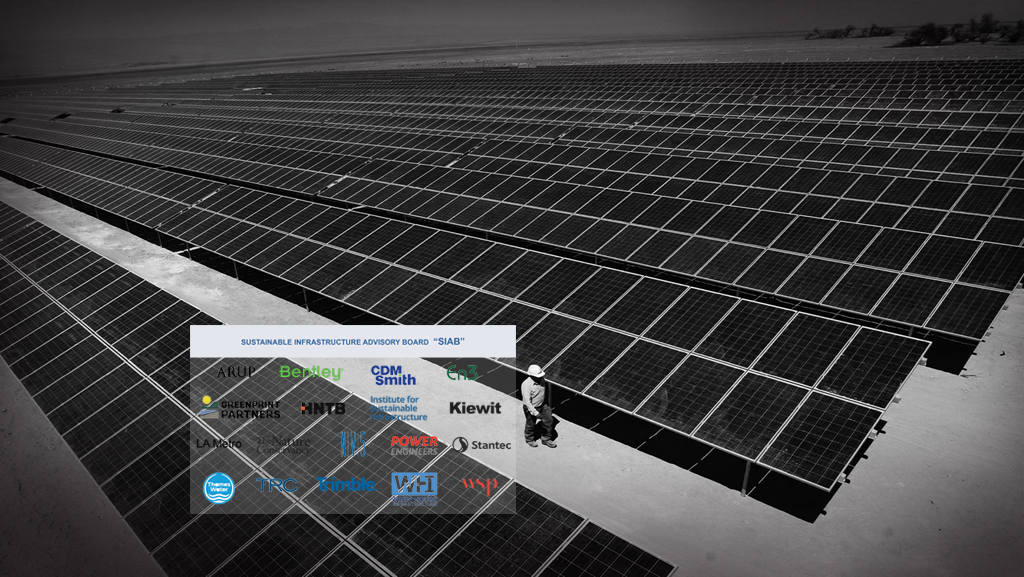
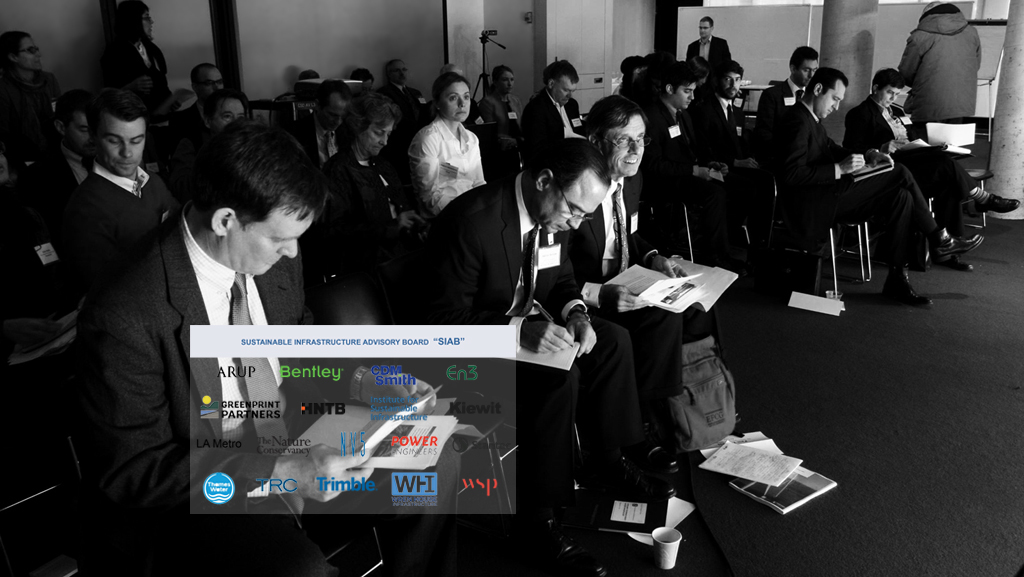
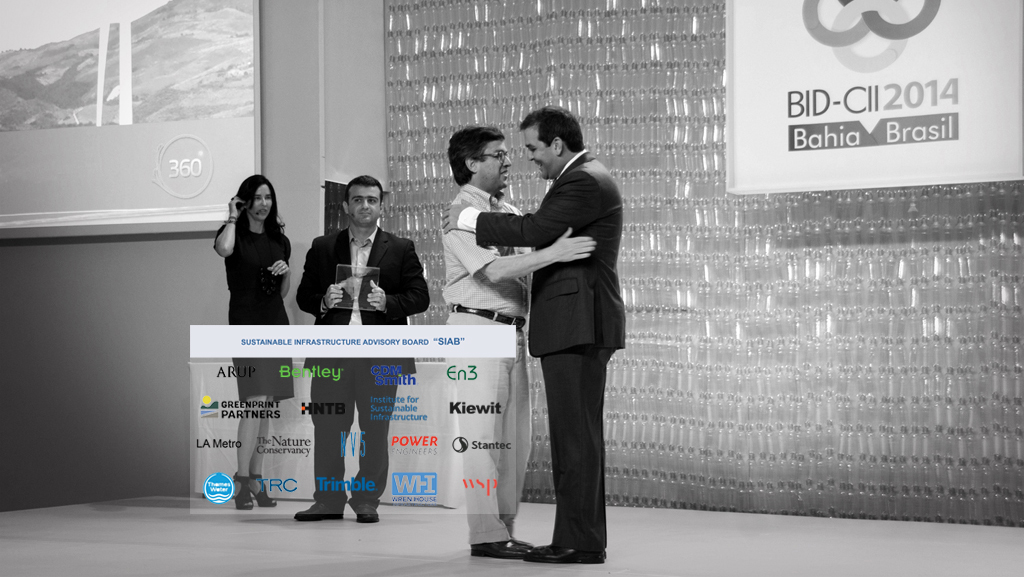
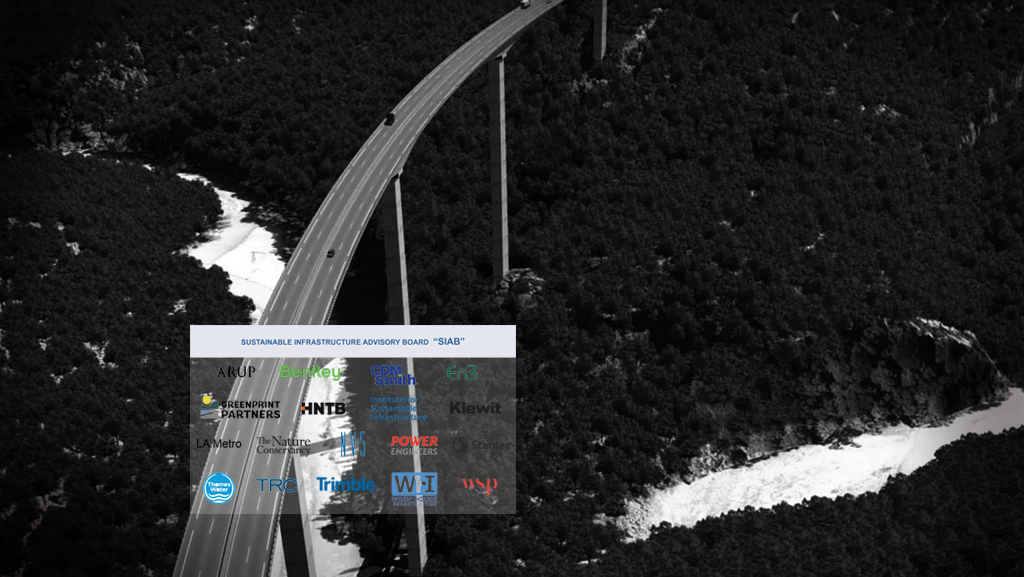
Join us now ZPH Workshop: #Sustainable #Infrastructure for #ClimateAction in-person & ZOOM https://t.co/fCjkr0Ykrh
About 2 years ago from Zofnass Program's Twitter